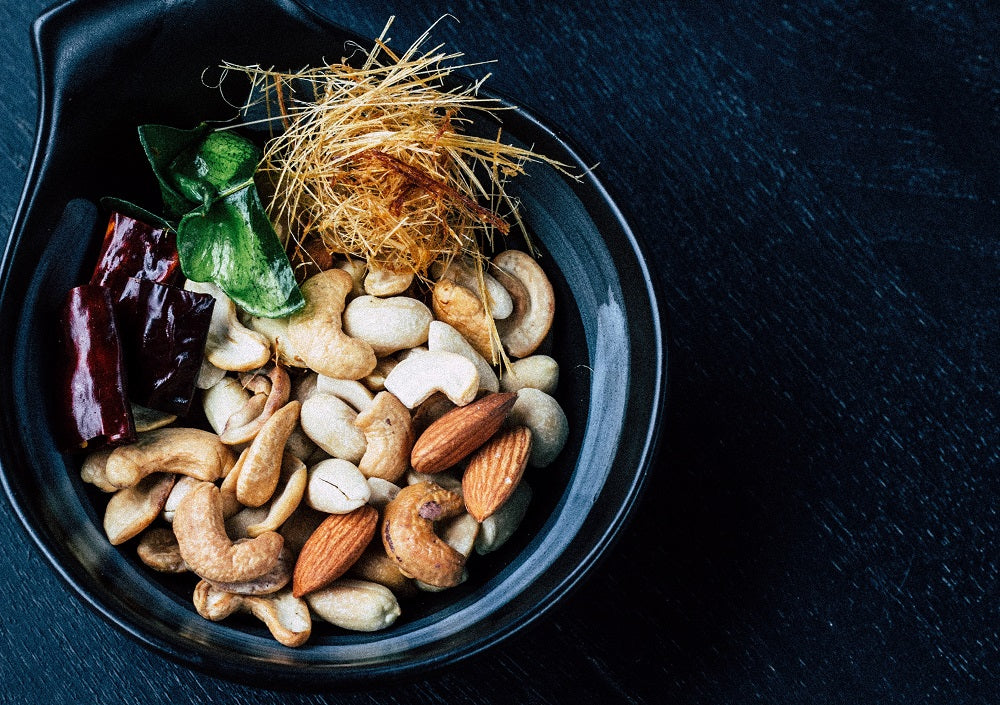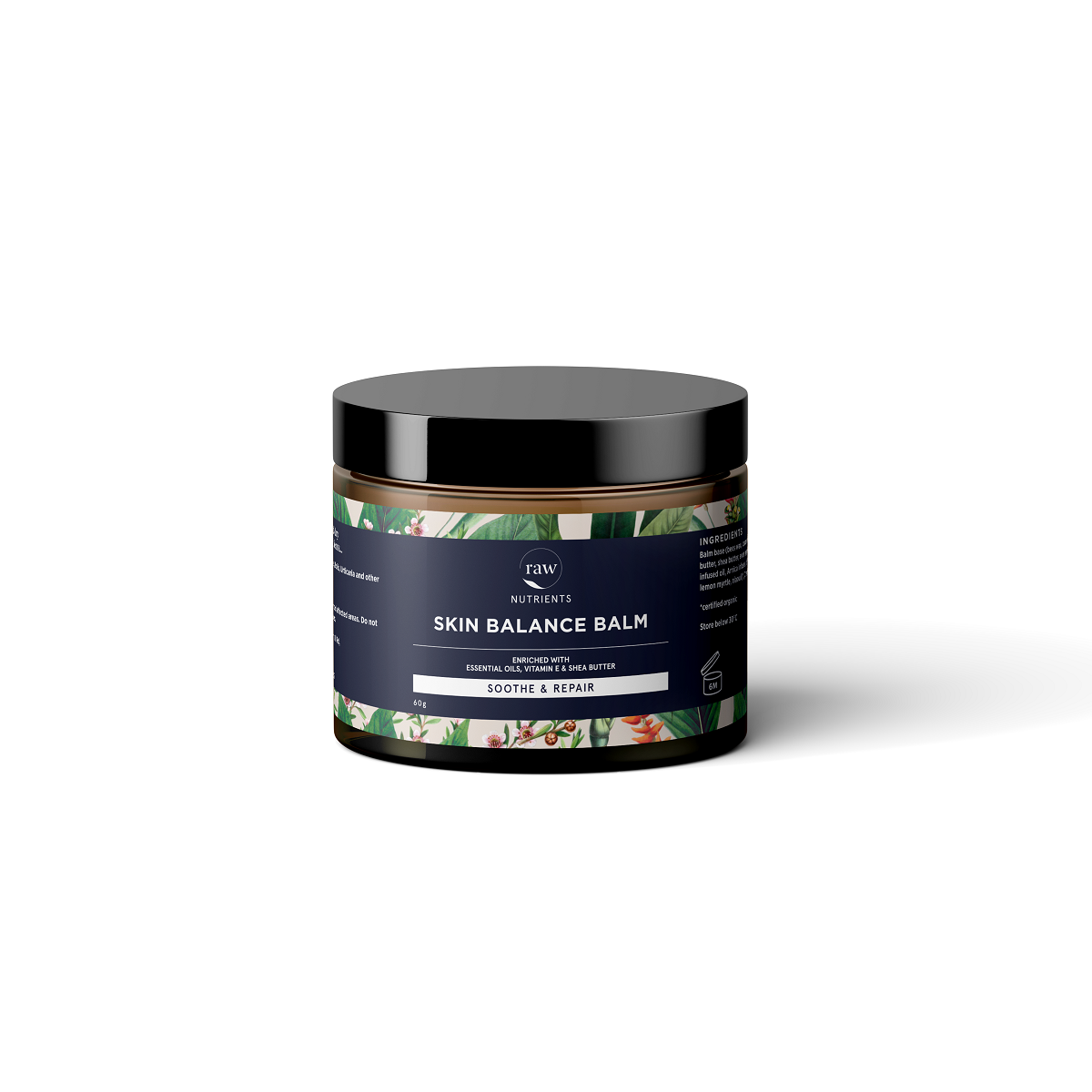-

Think about zinc!
Zinc plays many important roles in your body. This essential dietary mineral is involved in metabolism processes, hel...
-

Magnesium; Are We Consuming Enough?
There is widespread magnesium deficiency, and given the importance of magnesium in the body, it is but essential to r...
-

Probiotics; When & how do they work best?
Your gastrointestinal system comprises different microorganisms. The gut bacteria play a vital role in the health and...
-

Vitamin C; How does it benefit wellness?
Vitamin C has gained popularity as an antioxidant. However, research claims that it can act as both an antioxidant an...

The deep dive on Metabolism
There are people unhappy about their slow metabolism while others claim that they have fast metabolism. The former barely eat anything and still gain weight. The latter eat everything and still do not become obese. Is there a connection between weight loss and metabolism? What role does metabolism play in obesity? Do calories play a part?
What is the Weight Loss and Metabolism Connection?
Is weight loss all about eating less and dieting? Is weight loss as simple as quitting a few calories? Well, the process of weight loss is complex. What is metabolism and does it impact your weight loss goals?
Well, metabolism is a complex biochemical process that converts food into energy for various functions. This includes breathing, blood circulation, and cell repair. At rest, the body uses energy to keep functioning. The rate at which it uses energy is known as the basal metabolic rate. Metabolism involves a series of chemical actions for the body to function properly and stay healthy.
How does it work?
Well, the food you eat contains nutrients and the body converts them into units of heat. The body may use the calories instantly or store them for later use as fat.
Your body burns energy for regular activities. This is known as total daily energy expenditure. It is further divided into:
- Thermic effect of food
- Resting metabolic rate
- Activity energy expenditure
Resting metabolic rate
It is defined as the rate at which your body expends energy at rest. Calculate your RMR to find the amount of calories your body needs for common functions, such as breathing. It is calculated as part of the total daily energy expenditure. In simple words, it is the total number of calories burned per day.
No two persons resting metabolism or BMR is the same. There are certain factors that affect your RMR. Age, body weight, gender, and body composition all play a role in affecting resting metabolic rate of a person. What does that mean?
This means that a small, bony person needs less energy to sustain his body at rest compared to someone with a large, muscular body.
Natural RMR cannot be taken as a predictor of future weight gain.
Surprisingly, obesity is not associated with a poor metabolic rate.
The reason is that a bulky body needs more energy for all activities. Research finds that obese people who lower calorie intake for quick weight loss are at a high risk of slowed metabolism to as low as sub-normal levels.[i] Such people get hungry soon and try to compensate for the energy loss by increasing consumption. This means reducing calorie intake may not be the best solution to weight loss.
RMR tends to slow down with age. As you get older, the fat free mass reduces. As a result, the energy-generating mitochondria in the cells are also reduced. Men have a higher fat free mass compared to women. Other factors influencing FFM is gut bacteria, temperature, and genetics.
Thermic effect of food (TEF)
Your body uses some calories to absorb, digest, and metabolize food. Although not all food is absorbed and digested, some of it is burned off as heat. Ideally, thermic effect of food is believed to come from 10% of the calories ingested by healthy adults. But your actual number depends on an array of factors. This includes meal size as well as composition. It also includes lean body mass.
In 1 gram of fat, you get 9 calories, with the thermic effect being 0–3%.
You get 4 calories from 1 gram of carbohydrate, with TEF being 5–10%.
From 1 gram of protein, you get 4 calories, with a TEF being 20–30%. This means protein burns most energy.
While protein helps preserve muscle mass and burns maximum energy compared to other macronutrients, it is a good addition to your weight loss diet when you eat below maintenance.
Activity energy expenditure (AEE)
AEE may vary from 15% in highly sedentary persons to 50% in those who are very active. It comprises spontaneous physical activity and physical activity. While the former revolves around subconscious activities, the former involves significant physical effort. When you ride a bike or run or lift weights, it is categorized under physical activity. On the other hand, SPA or spontaneous physical activity includes such acts as taking small steps, fidgeting, chewing, and maintaining posture.
You burn 15 and 50% of your energy on activities, besides your resting metabolic rate.
So what changes metabolic rate?
Well, with exercise, you can change your resting metabolic rate. That means, it is not limited to the period when you exercise but goes beyond the workout. The excess post-exercise oxygen consumption may last longer than a day after exercise. The amount of energy expended depends on the duration and intensity of activity.
Not all activities affect the RMR in a similar way. In fact, aerobic and anaerobic activities have a different effect on your RMR. While anaerobic activities continue to burn calories even post-workout, aerobic activities are believed to have an effect during exercise. Muscle building exercises are part of anaerobic activities that involve higher energy expenditure.
So what happens when there is no more increase in your muscle mass?
Now your muscles need more than 13 calories per kg/day for muscle maintenance. Exercise damages muscles and the body must expend energy for repair. Remember, muscles are constantly destroyed and rebuilt in active and sedentary people. However, the difference lies with the caloric cost in both types of individuals.
Apart from exercise, what other methods can help increase your RMR?
Well, it is believed that the body’s RMR increases by 10-13% when there is a rise in core temperature. Cold therapy might have a role to play in such circumstances.
Does Standing for Weight Loss Help
One simple, sweat-free fat loss idea is based on spontaneous physical activity. Research shows that standing for most of the time can burn 200 extra calories/kg compared to sitting. In a study, it was found that those subjects who were habitual of standing at a classroom desk reported a significant increase in caloric expenditure compared with those who chose to sit at a standard classroom desk.
There is no substitute to regular exercise when it comes to improving your resting metabolic rate. Other methods, such as standing for long hours, can help burn calories without significantly increasing your RMR.
When weight loss happens, the RMR decreases. Eating below maintenance will bring down your resting metabolic rate by 5–15%. The reason is that, on a weight loss diet, your body becomes more sensitive to different hormones that regulate energy expenditure. The state is known as adaptive thermogenesis.
On a weight loss diet, you feel hungrier and your body craves for more calories. Simultaneously your cells cannot function to their optimal best. As a result, your performance declines.
The idea is to diet sensibly so your resting metabolic rate returns to normal when you start with a normal diet to equal your total daily energy expenditure. Intermittent refeeding may also help maintain your RMR by refilling the glycogen stores in the liver. In doing so, the mind is convinced that you’re not starving.
Weight loss impacts the RMR and brings it down. When you weigh less, that means your body has less amount of tissue to support. Dieting can normalize the RMR only if it is continued for a prolonged period.
If you want to improve your metabolism, it is possible with anaerobic activities. Such activities can increase your muscle mass and caloric requirements. Ideally, this is a safer alternative for weight loss to cutting calories drastically. Because when you reduce your caloric intake, it may push your body to fight back.
Your RMR can suffer.
So what is the best way out?
Spend more energy than you consume. This is the safest way to do so and convince your body that you are not starving. In starvation mode, the metabolic rate suffers as you restrict your caloric intake. As a result, severe weight loss might occur, which may further stop weight loss or resume weight gain.
References
[i] Benton, D., & Young, H. A. (2017). Reducing Calorie Intake May Not Help You Lose Body Weight. Perspectives on psychological science : a journal of the Association for Psychological Science, 12(5), 703–714. https://doi.org/10.1177/1745691617690878
You might be interested in...
Raw Resources
Read About the Science Behind the Supplements







